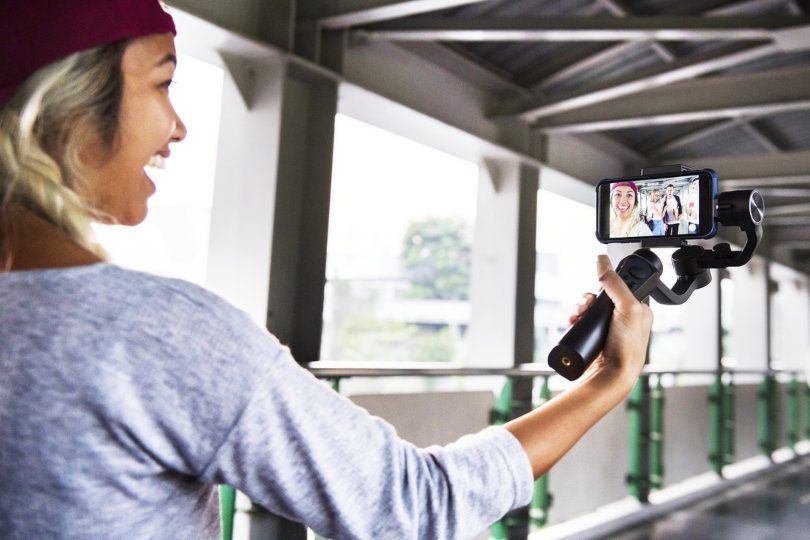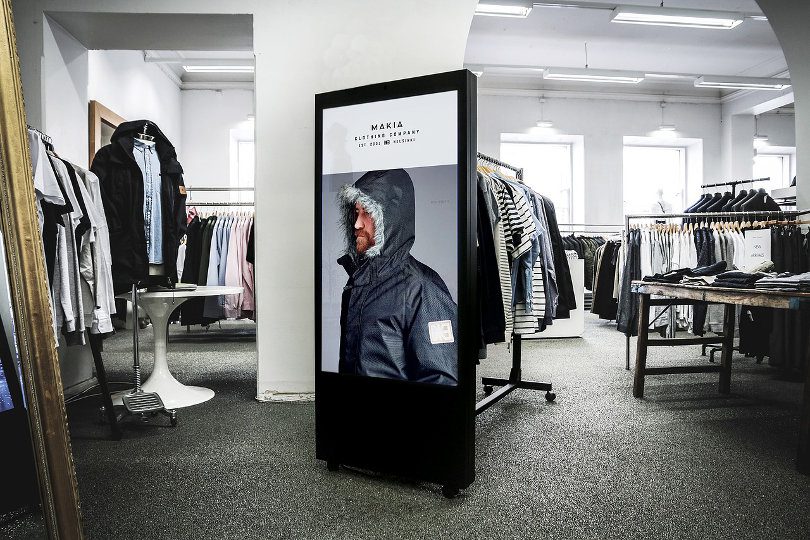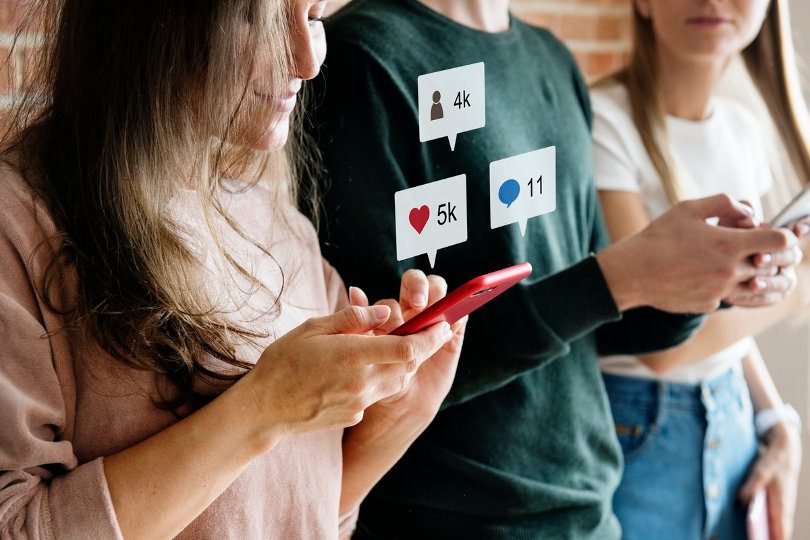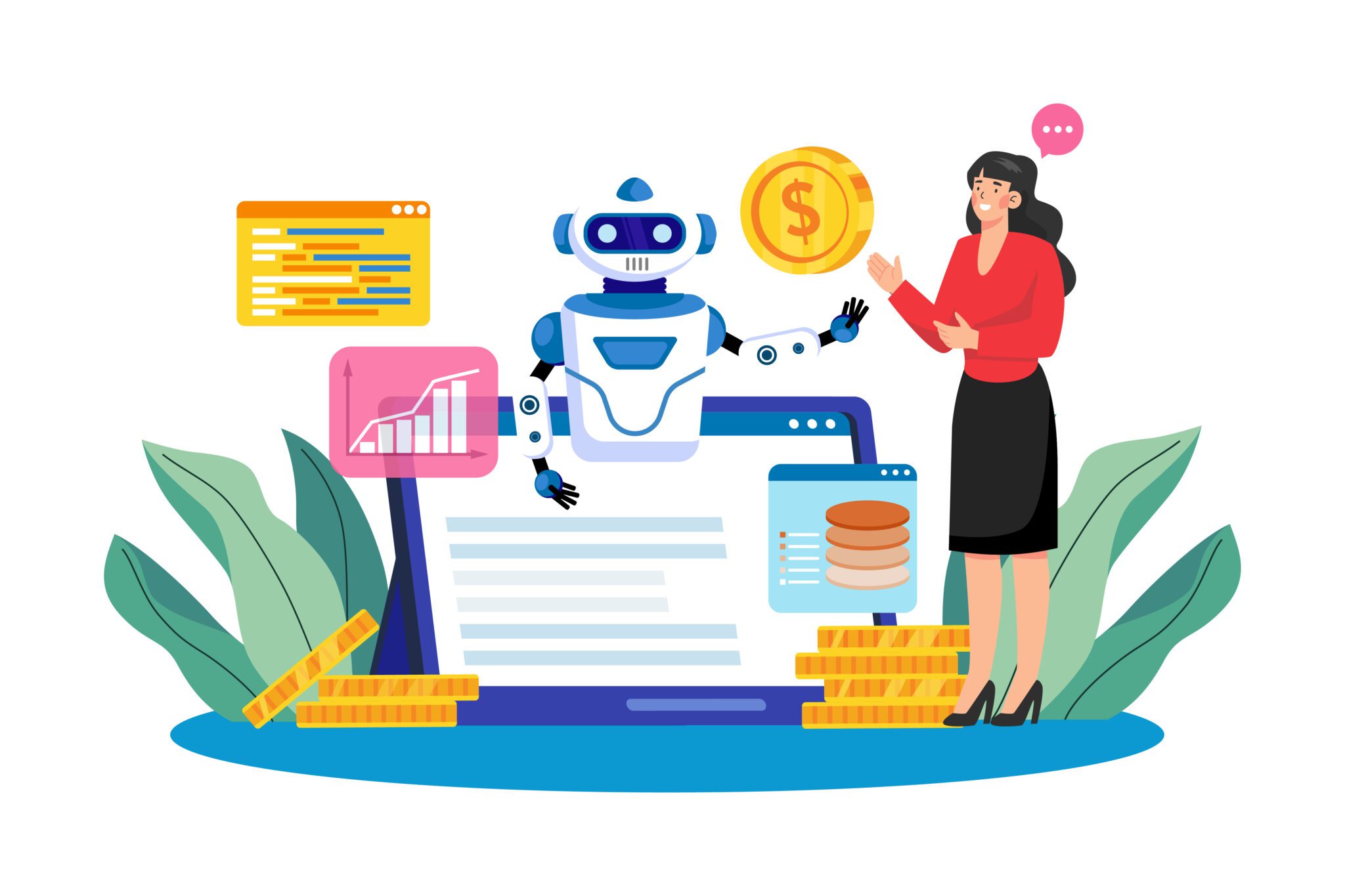The only way to have a successful occasion is to have a comprehensive event promotion strategy. That way, you can map everything from the event agenda to event registrations. But it’s ultimate success will depend on how you market it, so these are the best examples you can use to promote the event.
1. Social Media Platforms
According to Statista, about 223 million Americans were using social media platforms as of 2020. You won’t find a better place to create a buzz and reach the masses than social media.
First, you must understand your target audience before unleashing your event promotions. That’s because each social site, such as Twitter, Instagram, and LinkedIn, has unique social media profiles and events marketing capabilities.
Here’s how to achieve that:
- Post about the event on all your social media accounts.
- Create a Facebook Event to alert your audience of the occasion.
- Utilize the power of hashtag marketing on Instagram and Twitter, so users can search and get details regarding the event.
- Have a call to action requesting participants to ‘get tickets’ or ‘reserve their spots’

2. Influencers
Staying on the subject of social media, you should consider collaborating with influencers, keynote speakers, and event sponsors. They can reach a wider audience and have the incentive to do so.
Social media influencers typically have a vast and loyal following. That makes it easy to convince their followers to attend your event.
The same goes for the keynote speakers who will likely have built a credible image in the industry. Exploit this by asking them to promote the event as it’s in their best interest as well. Finally, event sponsors are professionals who know how to create hype about an event.
Working with these above taps into their audiences that may differ from yours, improving the chances of a successful event.

3. Digital Signage
To increase the footprint of your event promotion drive, you might want to consider digital signage. This offers a way to present appealing content to your target audience. Digital signage refers to a screen you can use to display engaging content.
One easy way to go about it is using digital signage as a digital poster. That’s because you can use it to display promotional content.
Unlike traditional posters, these are digital displays allowing you to display videos of the event venue and schedules. In addition, show potential attendees where they can make ticket purchases.
The great thing about digital signage is it can use cloud-based software. That way, you can control different screens in multiple locations. Moreover, you can control the advertising material on display even from the comfort of your home.

4. Advertising
Speaking of advertisement, one way you can achieve that is through Facebook Ads or Facebook Messenger ads. Alternatively, opt for stories ads on Instagram, photo ads on Pinterest and Snapchat, or video ads on Tik Tok.
Another way to advertise is through social media giveaways and competitions. On Twitter and Instagram for instance, you can start an event hashtag ‘tell a friend’ contest connected to the event.
You can even extend contests to subscriber-only emails. Your most loyal audience will have a better chance of winning free tickets, getting a discount, or other event-related freebies.
Alternatively, create an event website that visitors can access with a few clicks from the event landing page. Use SEO and keywords so they can discover it in Google search results. The event registration page is excellent for tracking registrations and engagement.
You don’t have to limit all advertisements online, though. Create event-specific branding to create awareness. For instance, use flyers, posters, t-shirts, and billboards to spread the word locally.
If you have a physical store, stick promotional material all over it. Alternatively, you can use podcasts and local media houses to post advertising. If money is no object, you could advertise your event in other similar events.

5. Email Marketing
As for emails, a HubSpot report shows that 80% of marketers would give up social media rather than email marketing. That’s because there are 4 billion email users daily.
Email marketing works a charm especially if you have an event page that guests signed upon on your website. Utilize Mailchimp to organize your mail list while communicating and creating innovative campaigns on the same platform.
Filter your email list according to visitor profiles and blast them with customized subject lines and content. That should get the reader interested and create a sense of urgency for the event. Spike their interest by:
- Giving a sneak peek of activities
- Encouraging feedback
- Requesting them to tell their friends in exchange for goodies
Keep updating your email list according to event attendance and ticket sales in readiness for the next event.
Final Words
The best way to ensure the success of a special occasion is to have an event marketing plan. To record a respectable number of event attendees, use email marketing, social media influencers, and hold event-specific competitions and giveaways.


 News4 days ago
News4 days ago
 News6 days ago
News6 days ago
 News4 days ago
News4 days ago
 News3 days ago
News3 days ago
 News4 days ago
News4 days ago
 News4 days ago
News4 days ago
 News4 days ago
News4 days ago










